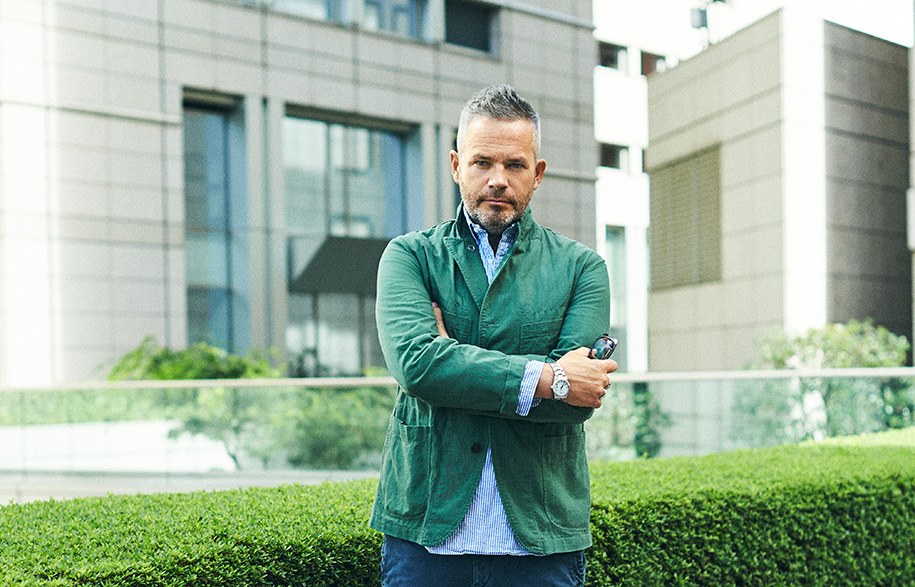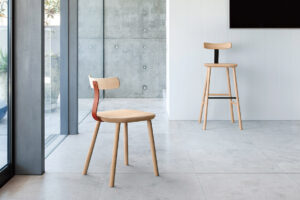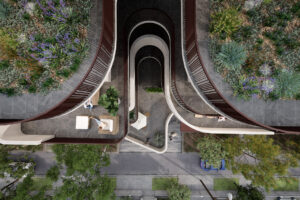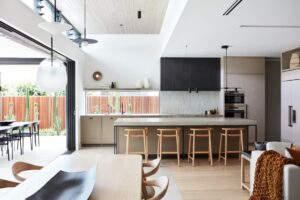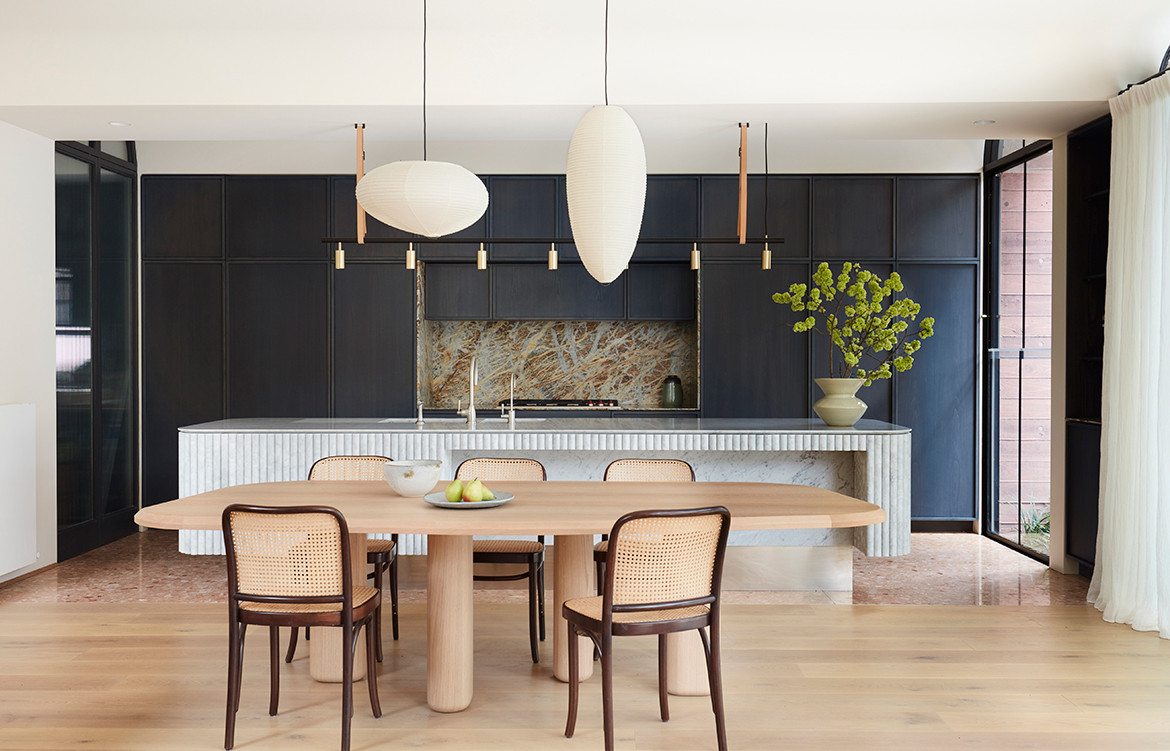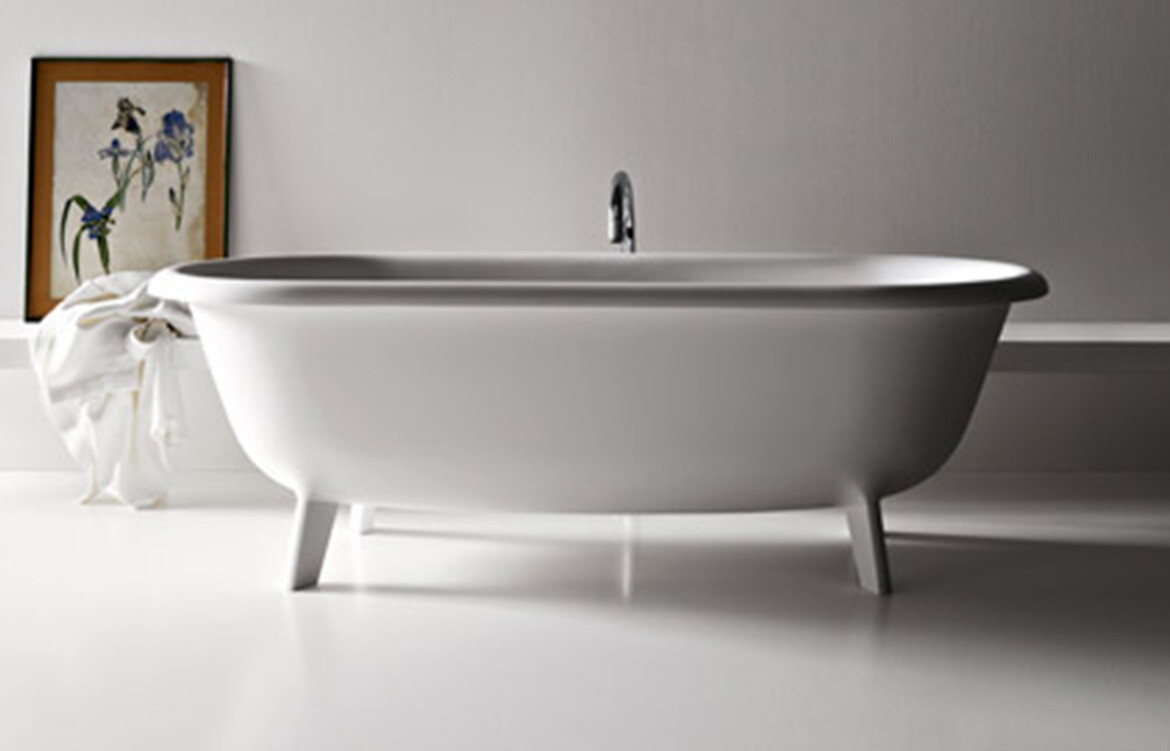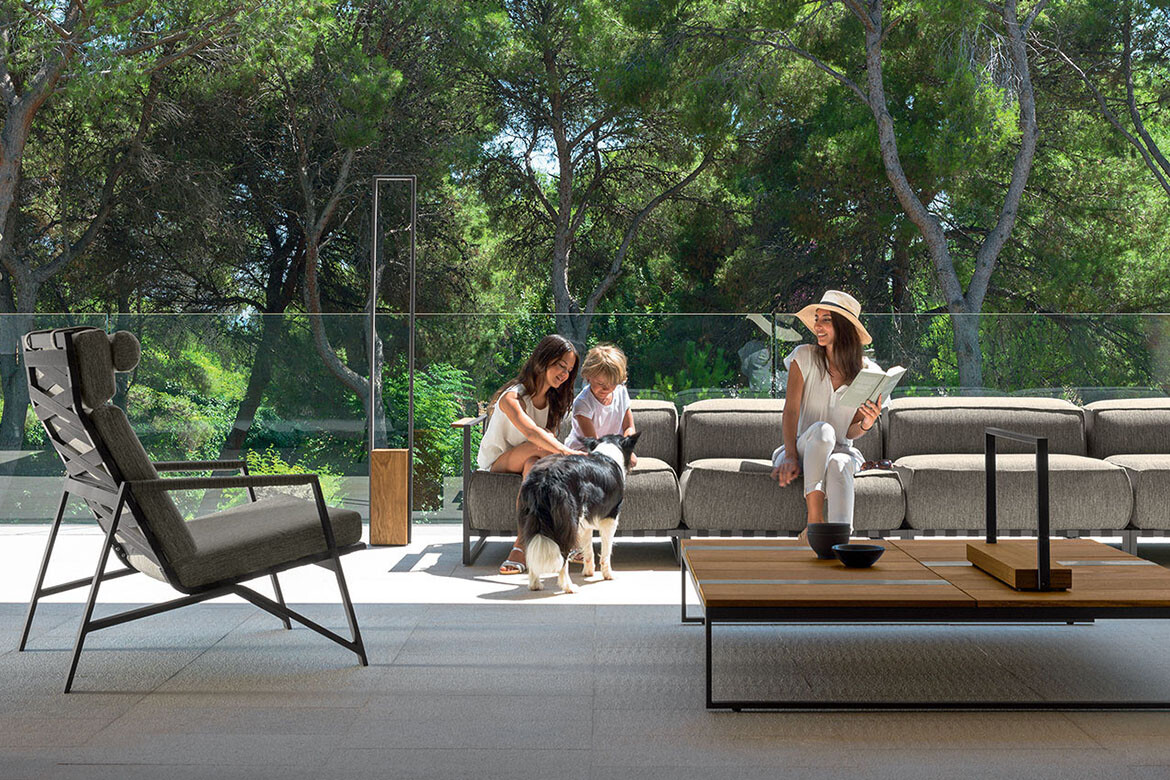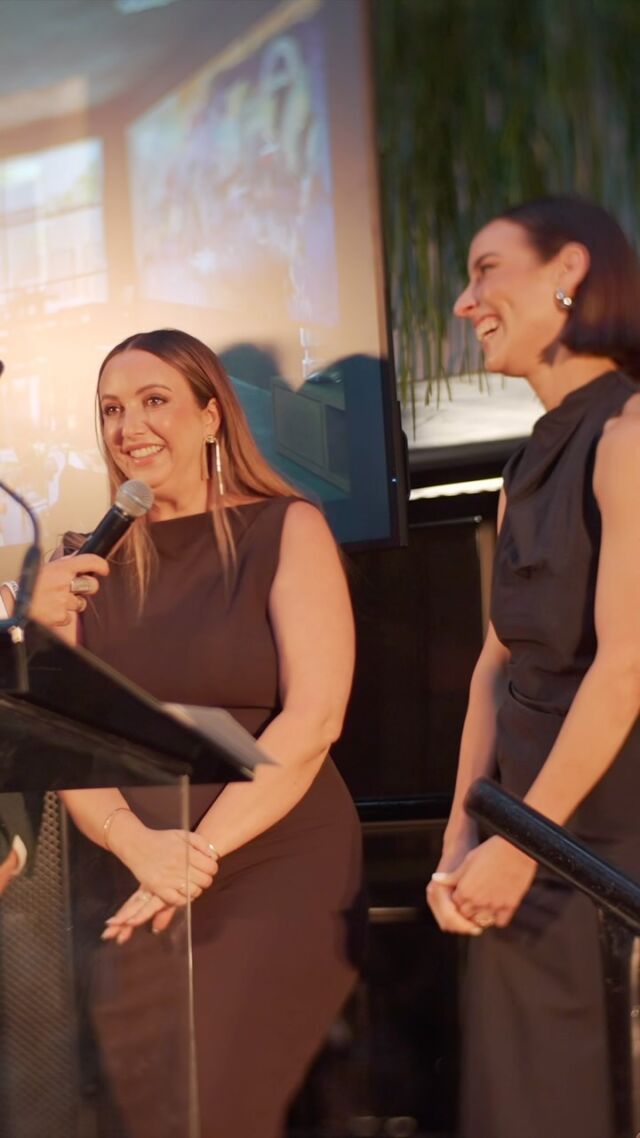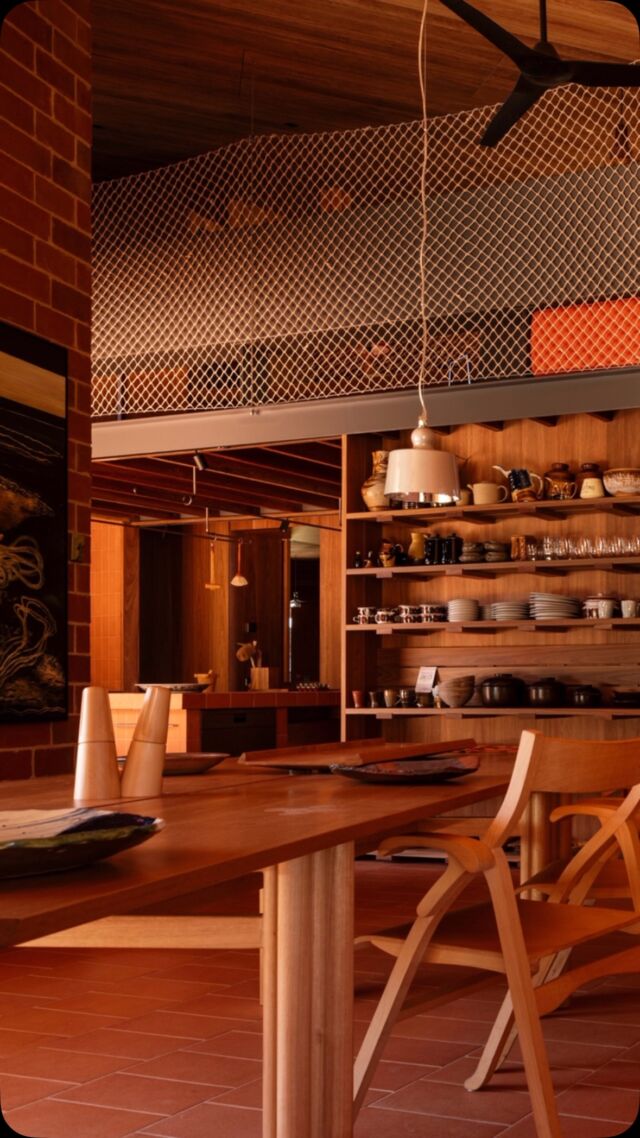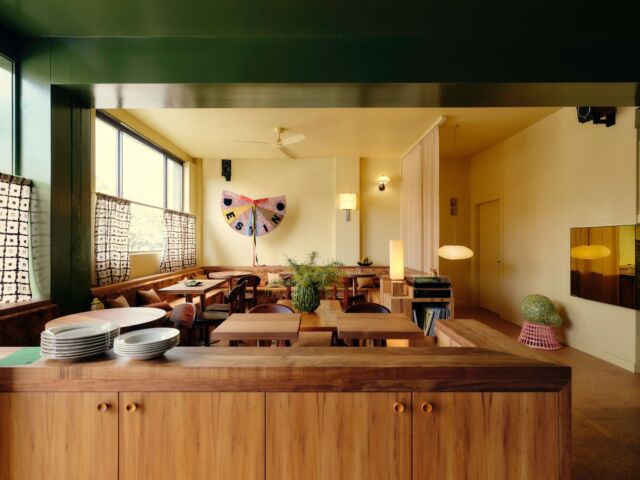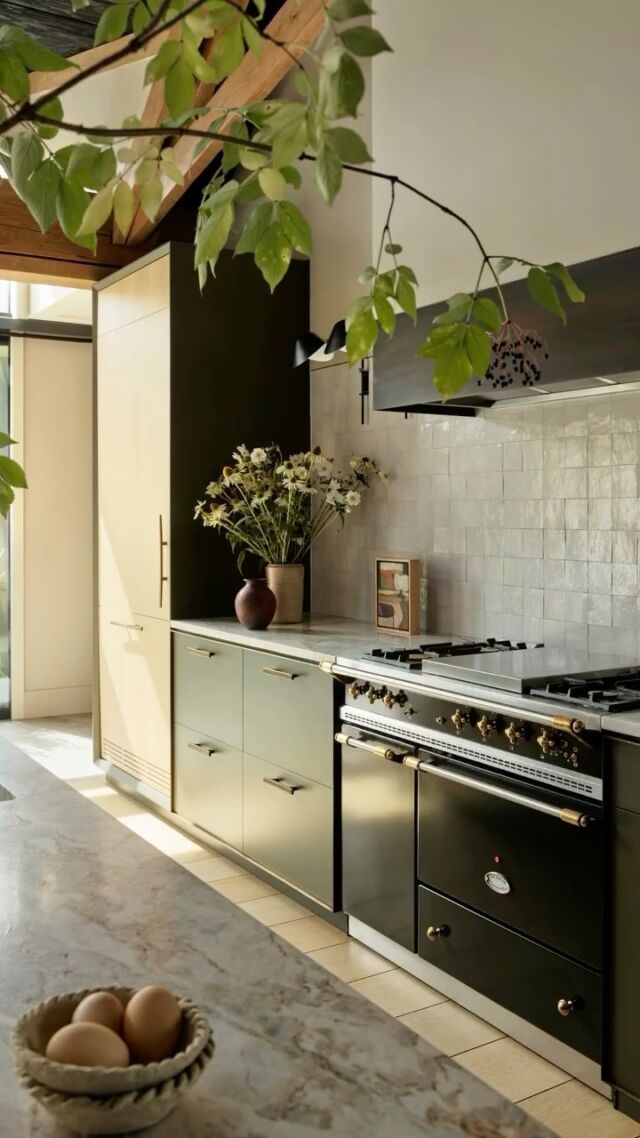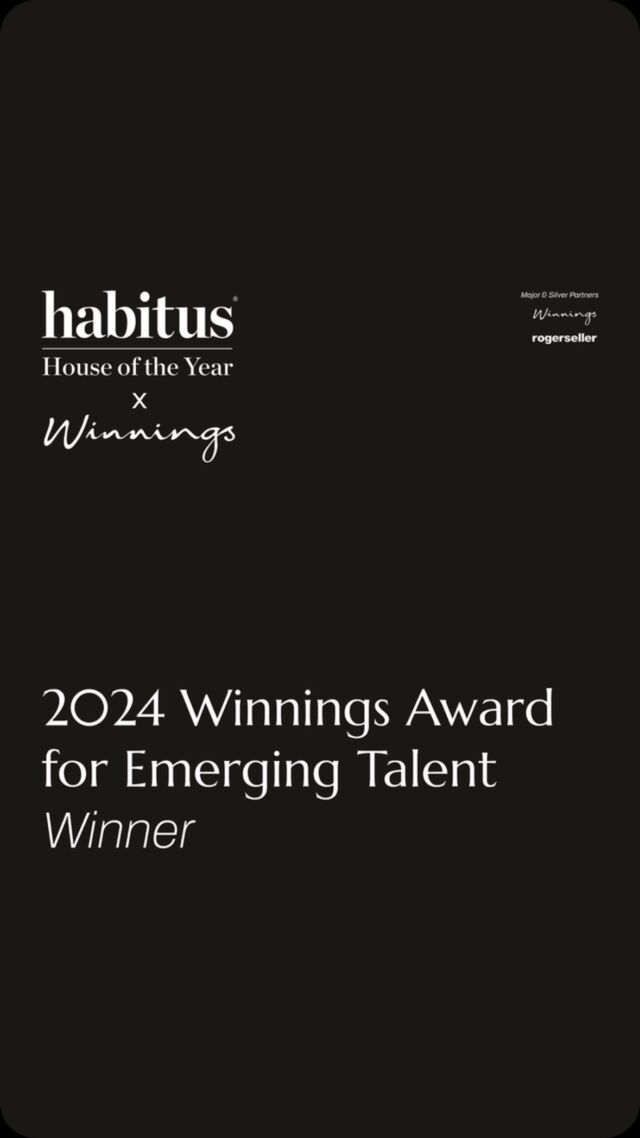Yesterday, I was sitting at a bar in Copenhagen eating pickled herring. The man next to me, also eating pickled herring, leaned over to the barmaid and said, “You seem to be very happy”. Now, while the ‘barpige’ did seem jolly enough, what my fellow diner was alluding to is that Copenhagen has taken out top place in the United Nations World Happiness Report three times in the past five years. If she seemed perhaps a tad less happy than last year, it’s surely because in March Norway snaffled the top spot from its Scandinavian neighbour.
We all love a rating, lap up a listicle. And it seems nations and cities are not immune to our tendency to evaluate and rank. As dramatic demographic shifts – exponential population growth, an aging populace, mass migration – accompanied by the rise of terrorist threat begin to transform developed cities into pressure cookers, a slew of private consulting groups and a handful of worldly publications have adopted the role of oracle. Constantly tracking global trends, they tell us which cities are doing best at releasing the steam. In return, cities are now vying for titles in a quest for the glittering holy grail of the tourist dollar, or euro or krone or yen.
One of the most anticipated urban evaluation ratings is the annual Monocle Quality of Life Survey. Launched in 2007, what makes Monocle’s survey stand out is that, like the editorial mission of the publication itself, the listing is marked by cosmopolitan nuance. It goes beyond standardized metrics to come up with idiomatic evaluations that relate more closely to the way people really live their lives. Like the best urban research (and indeed, magazines) it’s not systems-focused, but human-driven.
In the lead up to Monocle’s third Quality of Life Conference to be held at the end of the month in Berlin, I decided to give Tyler Brulé a call. He is, after all, the man who has defeated all pretenders to the ‘Lifestyle Guru’ award ever since he launched Wallpaper* in 1996 and Monocle in 2007.
ST: Tyler, tell me how the Monocle Quality of Life Survey is assessed.
TB: We try to be scientific up to a certain level, say 70 per cent, then the other 30 per cent we do try to make it subjective. We ask ourselves questions about other functions and attributes that you can’t measure scientifically.
ST: What does that 30 per cent look like, and how do you evaluate it?
TB: We ask ourselves things like, Can you really judge a city’s approach to street planning in a scientific way? If you walk around Vancouver, for instance, you will see that there’s an interesting mix of what the public sector does in terms of maintaining pavements and making sure that neighbourhoods are vital, but a public/private partnership that allows people to plant their own gardens, perhaps slightly broaden their planted borders. The kind of things you actually have to walk the streets to become conscious of.
Monocle’s adjudication of a city’s liveability takes into account traditional factors like unemployment rates, transport, connectivity, housing affordability, safety and so forth. But it also considers the more fuzzy stuff, like number of bookshops and museums, originality of retail, quality of food (and feasibility of dining after 10pm). Level of dog-friendliness takes on importance, as does the average ambulance response time in case of emergency.
The Quality of Life Conference concept was launched in 2015, in Lisbon, followed by Vienna in 2016. This year, Tyler and his team had intended to hold it in Rome.
“We wanted to make a little bit of a statement this year, not so much that you need the weight of history, but that there are so many elements that are perhaps a little bit haphazard but in fact go towards making life in a particular city great. Rome has so many things about it that are brilliant and so many that are chaotic.”
In the end, though, chaos gained the upper hand, organisation proved impossible and Rome was nixed in favour of a more amenable European capital, Berlin.
It’s a massive undertaking, this conference. In a sense it operationalises the editorial desk’s mind-set in 3D and in real time. The lineup of speakers on Friday June 30th includes: typographer Erik Spiekermann, architects Daniel Libeskind and Stefan Höglmaier, Nick Jones, the founder of Soho House & Co, Penny Martin of The Gentlewoman, and Ozden Akyildiz, founder of a digital farming platform called Komşuköy. And no, I have no idea what that is either.
Historians, CEO, entrepreneurs (of the off-and online varieties), authors, editors, musicians, perfumers, scooter-sharers, hoteliers… the 30-strong lineup of speakers is an intensely accurate reflection of the cacophonous complexity of urban life.
“At Monocle we’d started to become quite irked that there were so many conferences that were so tech-focused, trying to solve the problems of cities with technology. We were struck by how clearly there was an opportunity to go beyond that. It’s not all about having apps and sensors and only using big data to make people’s lives better, that there are some very simple things that you can also discuss.”
Words by Stephen Todd


